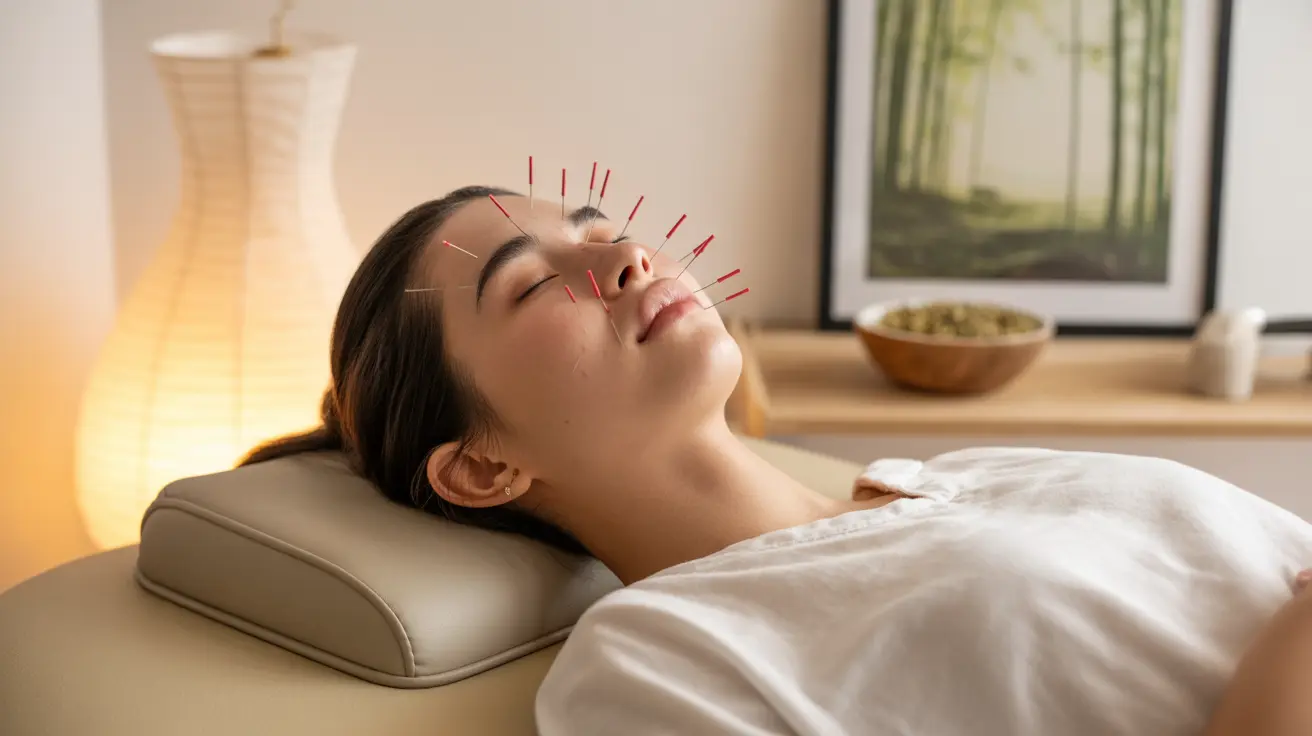For those struggling with persistent acne, traditional Chinese medicine offers a promising alternative through acupuncture. This ancient healing practice has gained attention for its potential to address both the visible symptoms of acne and its underlying causes. As more people seek natural solutions for skin health, understanding how acupuncture might help with acne becomes increasingly relevant.
While conventional acne treatments typically focus on topical solutions and medications, acupuncture takes a holistic approach by targeting the body's internal balance and energy flow. This comprehensive guide explores how acupuncture might benefit those dealing with acne concerns.
Understanding How Acupuncture Works for Acne
Acupuncture works by inserting ultra-thin needles into specific points on the body, known as acupoints. For acne treatment, practitioners target points that are believed to influence skin health, hormone balance, and inflammation reduction. The procedure aims to restore the body's natural healing mechanisms and promote clearer skin from within.
The Science Behind Acupuncture and Skin Health
Research suggests that acupuncture may help with acne through several mechanisms:
- Reducing inflammation throughout the body
- Balancing hormone levels that can trigger breakouts
- Improving blood circulation to the skin
- Strengthening the immune system
- Decreasing stress levels that can exacerbate acne
Benefits of Choosing Acupuncture for Acne Treatment
Acupuncture offers several advantages as an acne treatment option:
- Natural approach without chemical interventions
- Minimal side effects when performed by qualified practitioners
- Addresses both symptoms and underlying causes
- Can be combined with conventional treatments
- May provide additional benefits for overall well-being
Treatment Protocol and Timeline
A typical acupuncture treatment plan for acne usually involves:
- Initial consultation to assess skin condition and health history
- Weekly sessions for 6-8 weeks
- Maintenance sessions as needed
- Complementary lifestyle and dietary recommendations
Safety Considerations and Best Practices
While acupuncture is generally safe, it's important to:
- Choose a licensed and experienced practitioner
- Disclose all current medications and treatments
- Follow post-treatment care instructions
- Maintain realistic expectations about results
- Continue any prescribed medical treatments unless advised otherwise by your healthcare provider
Frequently Asked Questions
How effective is acupuncture compared to standard medications for treating acne?
Acupuncture can be effective as a complementary treatment for acne, though results vary by individual. While standard medications may work faster for severe cases, acupuncture offers a gentler approach with fewer side effects and potential long-term benefits for skin health. Some studies suggest it works best when combined with conventional treatments.
What are the main benefits and risks of using acupuncture for acne treatment?
The main benefits include reduced inflammation, improved hormone balance, and minimal side effects. Risks are generally minor and may include slight bruising, temporary soreness at needle sites, or mild discomfort during treatment. Serious complications are rare when performed by qualified practitioners.
How many acupuncture sessions are typically needed to see improvement in acne?
Most people require 8-12 weekly sessions to see significant improvement. Some may notice changes after 4-6 sessions, while others might need more extended treatment. Maintenance sessions may be recommended after initial improvement.
Does acupuncture help reduce acne inflammation and hormonal causes?
Yes, acupuncture can help reduce inflammation by modulating immune responses and improving circulation. It may also help balance hormones that contribute to acne development, particularly in cases of hormonal acne.
Are there any side effects or safety concerns associated with acupuncture for acne?
When performed by a licensed practitioner, acupuncture is generally safe. Common minor side effects include temporary soreness, minor bleeding, or bruising at needle sites. Serious complications are extremely rare. It's important to choose a qualified practitioner and disclose any medical conditions or medications.




